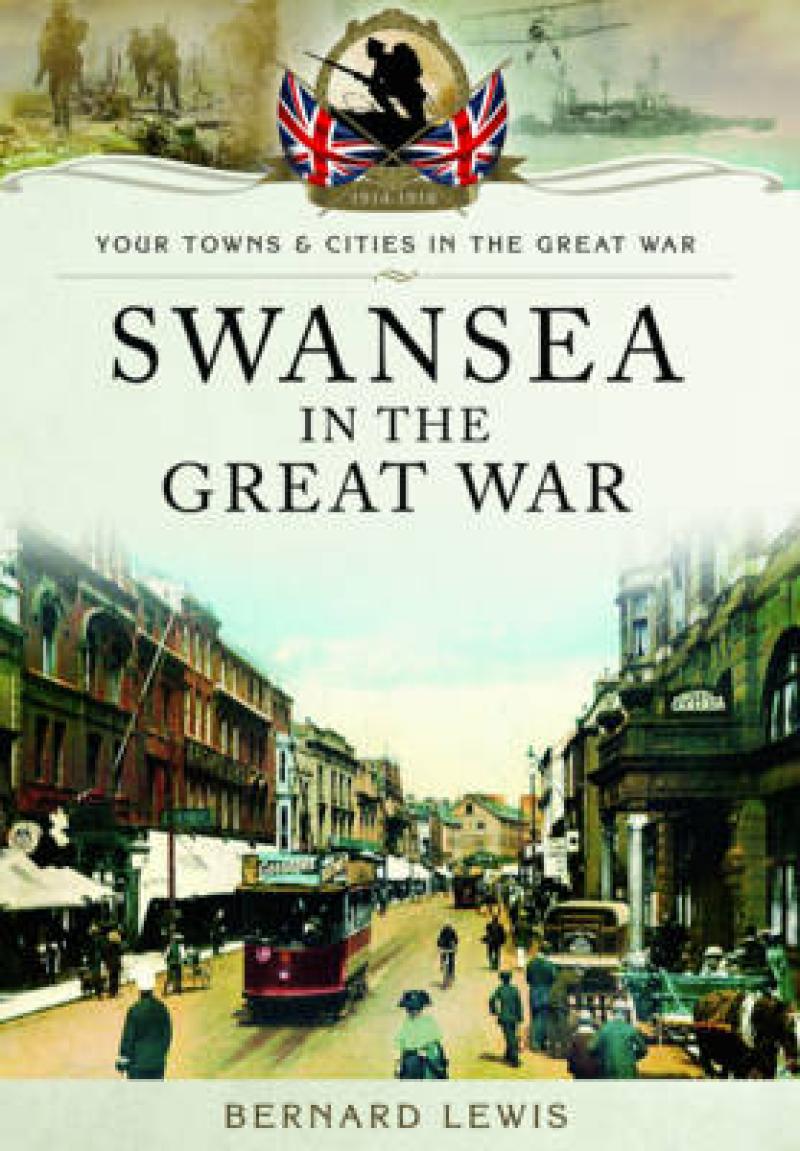The Great War left an indelible mark on almost every town and village in Britain and this extensively researched book looks in detail at how that war affected the town of Swansea and its people. Themes covered in the book include recruitment and the treatment of conscientious objectors, how Belgian refugees were cared for, and what happened to foreign nationals who were living in Swansea at the outbreak of war. How the war affected the trade of the town, especially the docks, is examined, as well as the fate of numerous Swansea ships that became targets for the German U-Boat campaign. The organisation of medical aid for wounded servicemen and the effect of food shortages, and its subsequent rationing in Swansea, are covered. The new roles performed by women and the efforts made in the town to provide support for those left at home, or serving at the front, are also examined. Away from the Home Front, the actions of both of the Swansea Victoria Cross winners are recounted, as are the stories of some of those who served on land, on sea, or in the air.
These include a Swansea airman who was downed by the famous Red Baron, another who flew again after losing a leg in combat, a Swansea sailor who was lost in an encounter with a German U-Boat, the Swansea officer who twice escaped from a POW camp, and several former Swansea men who returned with Canadian, Australian or South African units to fight the common foe, with often tragic results. There are also stories of a Swansea nurse captured by the Austrians in Serbia, and a Swansea doctor at Gallipoli. Swansea in the Great War is a welcome and long overdue look at how the Great War affected the town and its people.
Les mer
Produktdetaljer
ISBN
9781783032945
Publisert
2015-02-01
Utgiver
Vendor
Pen & Sword Military
Høyde
234 mm
Bredde
156 mm
Aldersnivå
01, G
Språk
Product language
Engelsk
Format
Product format
Heftet
Antall sider
240
Forfatter
